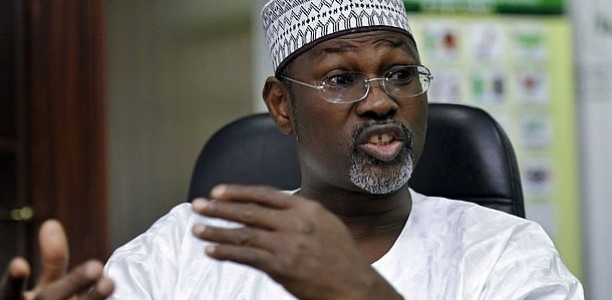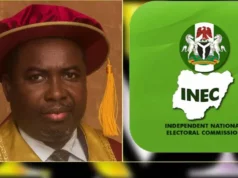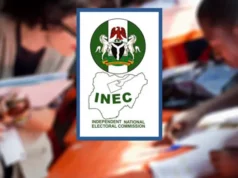A former Chairman of the Independent National Electoral Commission, INEC, Prof Attahiru Jega, has justified why chairmen of the electoral body should not be appointed by the President.
Jega made the point why speaking at a two-day retreat organised for senators by the National Institute for Legislative and Democratic Studies (NILDS) in Ikot Ekpene, Akwa Ibom State, on Saturday.
The former INEC boss also called for amendments to the Electoral Act, 2022.
According to him, although Nigeria’s current electoral laws could be said to be the best in the country’s history, it is not perfect; and there was the need for further amendments to remove ambiguities, clarify and strengthen some of its sections.
The amendments, he said, should make the electronic transmission of results mandatory from the next general elections which are in 2027.
On INEC’s leadership, Jega stressed that the President should be divested of power to appoint the Chairman and National Commissioners of INEC to free the Commission from partisanship.
He said the law should be reviewed to ensure that all cases arising from the conduct of elections are resolved and judgements made before the date of swearing in.
Many stakeholders had expressed concern that Section 64 of the Electoral Act, which states the process of transmission of election results, is susceptible to manipulation and misinterpretation.
Jega said the section should be clarified by making electronic transmission of election results compulsory, including uploading of polling unit level results and result sheets used at different levels of results collation.
“INEC would have enough time to prepare for this, if the Act is amended early enough in the ensuing electoral cycle,” he said.
Jega also called for the introduction of either early voting for eligible voters on election duty, such as INEC staff, observers and their drivers, security personnel, and journalists or special arrangement to enable them vote on election day, especially for presidential elections.
The former INEC boss advocated diaspora voting, at least for presidential elections, to enable citizens to vote, especially those on essential service abroad.
“There is need to enhance inclusion of women, if necessary by up to 35% of elective positions in parliament, and in all political parties’ candidate lists,” he added.








